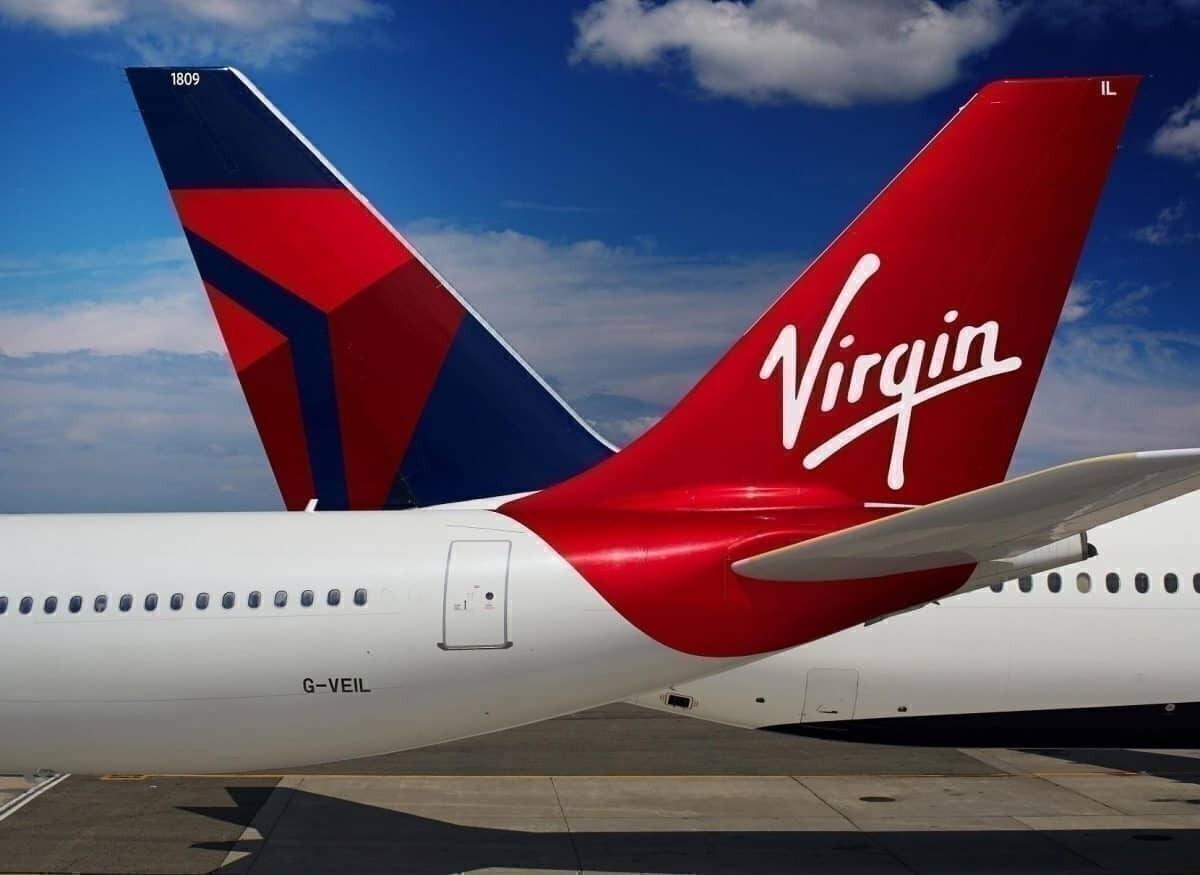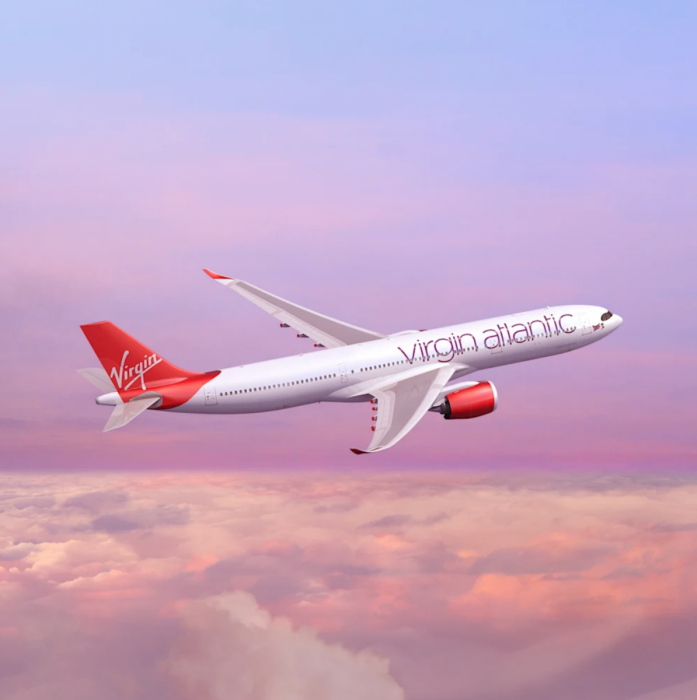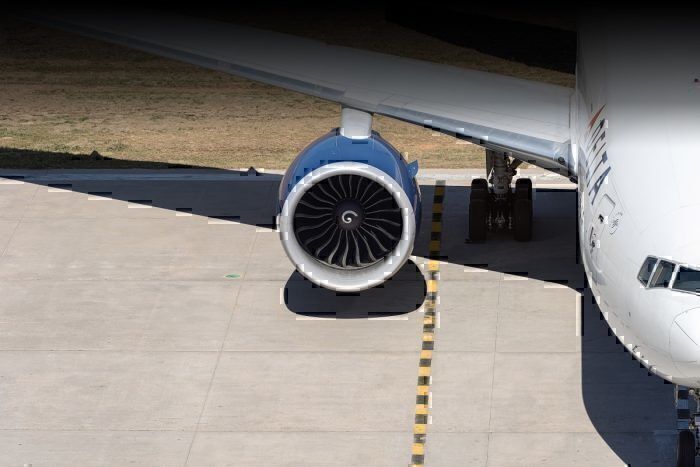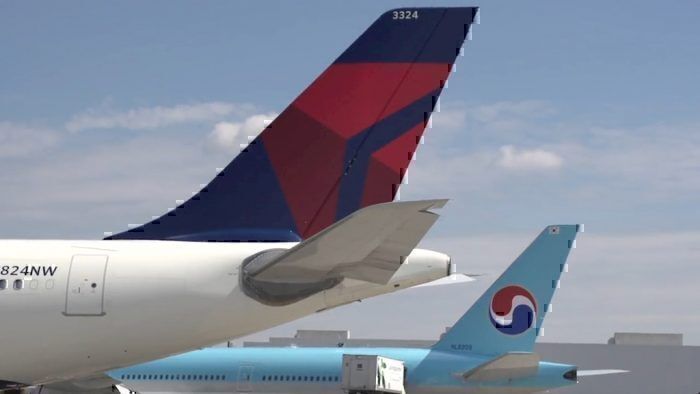Pilots for Delta Air Lines have written to the Department of Transport (DoT) expressing concern over transatlantic joint ventures. They claim that too much growth has been awarded to foreign carriers flying the routes, and that this has been done because those pilots are cheaper. In the letter, sent in on the 16th August, they call for a review into this practice to ensure fair opportunities for US pilots too.
Delta’s recent tentative approval by the DoT of their three-way transatlantic joint venture was largely met with celebration. For passengers, it meant more choice, flexibility and points earning potential. For the airlines, it represented a sewing up of one of the most lucrative routes in the world. However, not everyone was happy.
Last week, Delta’s Master Executive Council (MEC) of the Air Line Pilots Association sent a letter to regulators requesting additional scrutiny of the joint venture. In the communication, they accuse Delta of ‘labor arbitrage’, saying they are using cheaper foreign labor to grow transatlantic presence, reducing opportunities for Delta pilots to fly the routes.
The pilots’ perspective
Delta’s pilots are concerned that growth on European routes has not been equally shared between the joint venture partners. In particular, they say that Virgin Atlantic has grown markedly, by around 33% since 2013, while Delta’s US-UK block hours have increased just 2%.
In the comment, the MEC says,
“In 2013, the Delta MEC expressed strong support for the Delta-Virgin joint venture on the basis that it would “produce new flying opportunities for Delta and its employees”—and thereby grow and enhance US job and career opportunities—through expanded service offerings between the US and the United Kingdom.
“Nearly six years later, the promised growth in US-UK services has accrued almost exclusively to Virgin, and the promised US job and career opportunities predicated on Delta operational expansion in that market have failed to materialize. In fact, Delta-operated flying in the critical New York-London market has actually decreased since the Delta-Virgin joint went into effect.
“This use of the JV mechanism to effectively outsource Delta flying to a foreign carrier whose flight crews work under substantially less favorable wages and work rules is fundamentally inconsistent with the Department’s public interest objectives of strengthening the competitive position of US air carriers relative to foreign air carriers, and encouraging fair wages and working conditions.”
While the pilots certainly don’t want the joint venture overturned, what they do request is some form of assurance that growth at Delta will be balanced out. They want as many chances as possible to fly the well paid and attractive European routes, and have asked the DoT to “to assess [the joint venture’s] impact on U.S. aviation jobs and the balance of flying and growth opportunities generated.”
Delta’s Transatlantic joint venture
A joint venture represents the deepest partnership you can find in aviation. It’s far stronger than a codeshare, and can often involve an amount of revenue sharing between the airlines. For the Delta partnerships, it means that they and Virgin, along with Air France-KLM, coordinate on pricing and schedules. The partners essentially act as a single airline, complementing rather than competing with each other.
For passengers, the coordination of schedules is a good thing. It can mean that there is a greater range of flights around, covering more departure times, thereby giving a better choice of flight times. However, on the other hand, a joint venture is essentially taking an element of competition away. Any reduction in competition runs the risk of increasing fares.
In the transatlantic market, Delta has had two key partnerships on the go. First, there is their big joint venture with Virgin Atlantic. Delta owns almost half (49%) of Virgin and has been working closely with them to solidify its position in the transatlantic market. As well as this, Delta is a member of SkyTeam, an alliance which includes the likes of Air France-KLM and Alitalia.
However, earlier this year, these airlines applied to form a new and deeper transatlantic joint venture. Three airlines – Delta, Virgin and Air France-KLM, would join forces to form a single transatlantic partnership, an idea which was tentatively approved in early August, according to One Mile At A Time.
This means there should be easy ways to earn and redeem miles on all partners involved and will give passengers more flexibility to fly on different airlines on one itinerary. It was interesting to see that Alitalia was cut out of the deal, perhaps a strategic move by Delta, considering their interest in acquiring the Italian airline.
Are the pilot’s concerns valid?
There is a clear discrepancy in terms of remuneration between Delta pilots and those flying for Virgin. Virgin’s pilots are paid substantially less, thereby supporting the notion that the transatlantic route is being ‘outsourced’ to cheaper, foreign labor. There are also discrepancies in terms of regulatory rules. For example, Virgin crosses the Atlantic with only two pilots on board, while Delta uses three. Over many flights, this can add up to some substantial savings.
However, there are also some problems with the argument. Overall, Delta’s presence on transatlantic routes has grown substantially. Simple Flying reached out to Delta who provided the following statement:
"Since 2013, Delta’s total trans-Atlantic departures have grown by 11 percent. Also since 2013, Delta has hired approximately 4,000 pilots and plans to hire thousands more during the next decade. Finally, Delta’s capacity will be up 15 percent between the U.S. and the United Kingdom in 2020 compared with 2019. "
Whether the pilots’ request for an investigation is upheld remains to be seen; however, there are likely other concerns on their minds too. Delta is also building up joint ventures with Aeromexico and Korean Air, so pilots are likely worried that these partnerships will see more flying outsourced to cheaper labor in the long run.





